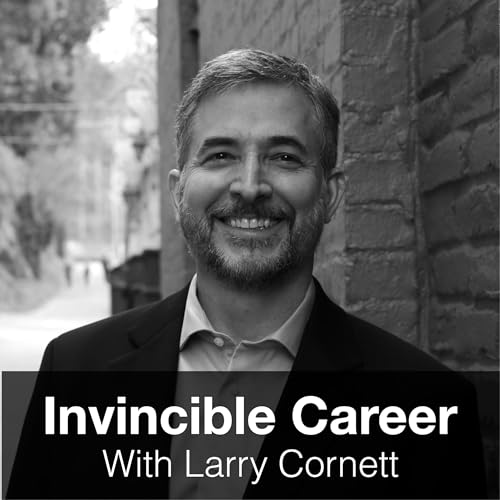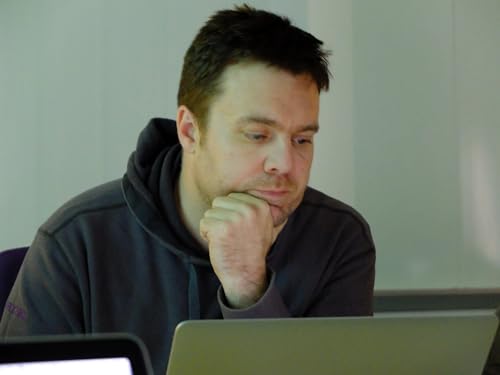My guest for this episode is Tague Griffith. He is a seasoned engineer who has been building products and leading teams across a number of the tech industry’s best-known companies, including Google, Apple, Amazon, as well as some lesser-known startups. Most of his career has focused on new product development. He’s also dipped into research and advisory work, including helping develop Stanford’s wastewater pathogen monitoring project and consulting on 1 -> 2 growth for engineering teams.
Tague and I worked together at Apple back when the company was struggling and kind of unpopular. At that time, we were the underdogs. Most of us didn’t join Apple for the money. We joined because we loved the company and its products, and felt that we were a bit different as well.
He has strong opinions and some cool stories, so I know you’ll enjoy this episode!
We talk about
* What the tech industry and Silicon Valley were like in the early ‘90s
* Tague’s career since Apple (Netscape, Google, Amazon, Flickr, etc.)
* The project he is most proud of after decades of working in tech
* The double-edged sword of technology’s evolution
* Modern product development challenges
* The current state of the industry
* Cultural shifts in Silicon Valley
* Why we should still have hope
⬆️ Scroll up and hit play to listen to our whole conversation.
Where to find more
* Tague’s LinkedIn
* His GitHub
* His X
I’m Larry Cornett, an executive coach who works with ambitious professionals to help them reclaim their power, become more invincible, and create better opportunities for their work and lives. Do more of the work you love and less of what you hate! If you’re interested in joining my free Invincible Career community, please complete this application form, and we’ll get back to you. Thanks!
This is a public episode. If you'd like to discuss this with other subscribers or get access to bonus episodes, visit newsletter.invinciblecareer.com/subscribe
 Jan 14 202633 mins
Jan 14 202633 mins 59 mins
59 mins Nov 21 202559 mins
Nov 21 202559 mins Nov 17 202521 mins
Nov 17 202521 mins 1 hr and 5 mins
1 hr and 5 mins Oct 8 202531 mins
Oct 8 202531 mins 37 mins
37 mins 29 mins
29 mins
